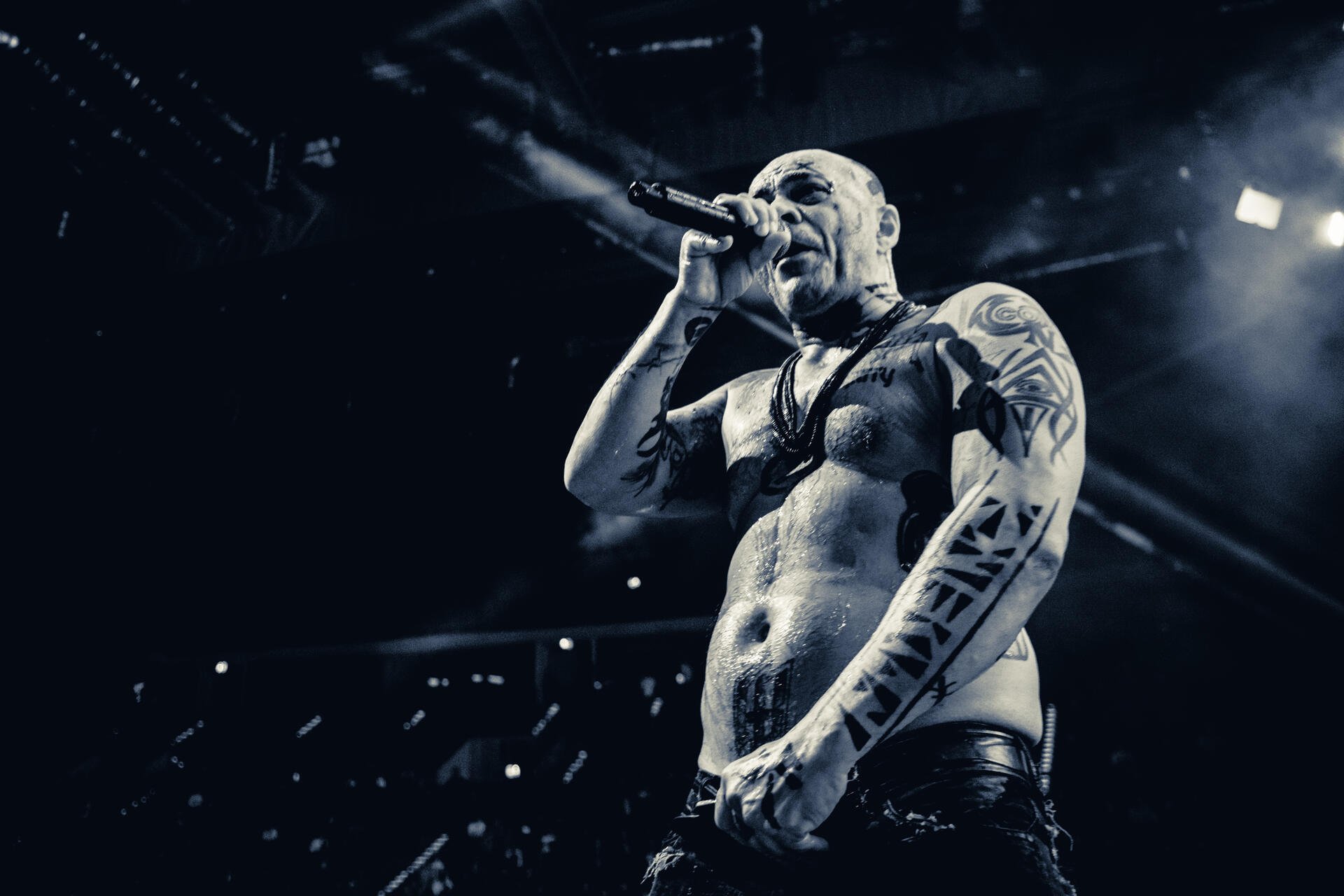GLACA on Nostr: The future of warfare is no longer kinetic; it is digital. The greatest battles will ...
The future of warfare is no longer kinetic; it is digital. The greatest battles will not be fought with tanks or missiles but with information, cryptographic assets, and the control of digital economies. In this emerging conflict, #Bitcoin is not just an asset—it is armor, a weapon, and a last line of defense for human sovereignty in cyberspace.
As the world shifts into an era of AI-driven economies, hyper-financialization, and total surveillance, individuals and nations alike are waking up to a fundamental truth: money is power, and digital money is the foundation of digital power. Bitcoin, with its absolute scarcity, censorship resistance, and decentralized infrastructure, stands apart from fiat currencies and centralized digital assets. It is not just a hedge against inflation—it is a hedge against control. The ability to hold and move value without permission is becoming the single greatest factor in who will have agency in the coming cyber era.
Imagine an internet divided into two layers. The first layer—the one we all use today—is an unprotected, AI-infested battleground of bots, deepfakes, surveillance, and corporate-controlled data. Fake engagement, manipulated narratives, and financial repression dominate this space. The second layer, however, is a protected digital zone, where access is secured by proof-of-work, cryptographic signatures, and Bitcoin-backed verification mechanisms. In this world, your Bitcoin holdings are not just wealth—they are your passport, your firewall, your defense against AI-driven manipulation.
Nation-states are already preparing for this shift. Some are accumulating Bitcoin as a strategic cyber weapon, while others are attempting to suppress its adoption through CBDCs and financial censorship. The war over digital scarcity has begun. Those who control fiat can print power at will, but those who hold Bitcoin control the hardest form of power in the digital age: energy-backed, state-resistant wealth. The question is not whether Bitcoin will play a role in cyber warfare—it already does. The real question is: Will individuals recognize its importance before the digital battlefield fully takes shape?
In a future where everything is tokenized and controlled, Bitcoin may be the only thing left that is truly free. It is not just a store of value; it is a shield, a weapon, and a statement of sovereignty. The new war is not over borders but over control of the digital realm. In this war, Bitcoin is the last safe haven.
As the world shifts into an era of AI-driven economies, hyper-financialization, and total surveillance, individuals and nations alike are waking up to a fundamental truth: money is power, and digital money is the foundation of digital power. Bitcoin, with its absolute scarcity, censorship resistance, and decentralized infrastructure, stands apart from fiat currencies and centralized digital assets. It is not just a hedge against inflation—it is a hedge against control. The ability to hold and move value without permission is becoming the single greatest factor in who will have agency in the coming cyber era.
Imagine an internet divided into two layers. The first layer—the one we all use today—is an unprotected, AI-infested battleground of bots, deepfakes, surveillance, and corporate-controlled data. Fake engagement, manipulated narratives, and financial repression dominate this space. The second layer, however, is a protected digital zone, where access is secured by proof-of-work, cryptographic signatures, and Bitcoin-backed verification mechanisms. In this world, your Bitcoin holdings are not just wealth—they are your passport, your firewall, your defense against AI-driven manipulation.
Nation-states are already preparing for this shift. Some are accumulating Bitcoin as a strategic cyber weapon, while others are attempting to suppress its adoption through CBDCs and financial censorship. The war over digital scarcity has begun. Those who control fiat can print power at will, but those who hold Bitcoin control the hardest form of power in the digital age: energy-backed, state-resistant wealth. The question is not whether Bitcoin will play a role in cyber warfare—it already does. The real question is: Will individuals recognize its importance before the digital battlefield fully takes shape?
In a future where everything is tokenized and controlled, Bitcoin may be the only thing left that is truly free. It is not just a store of value; it is a shield, a weapon, and a statement of sovereignty. The new war is not over borders but over control of the digital realm. In this war, Bitcoin is the last safe haven.
